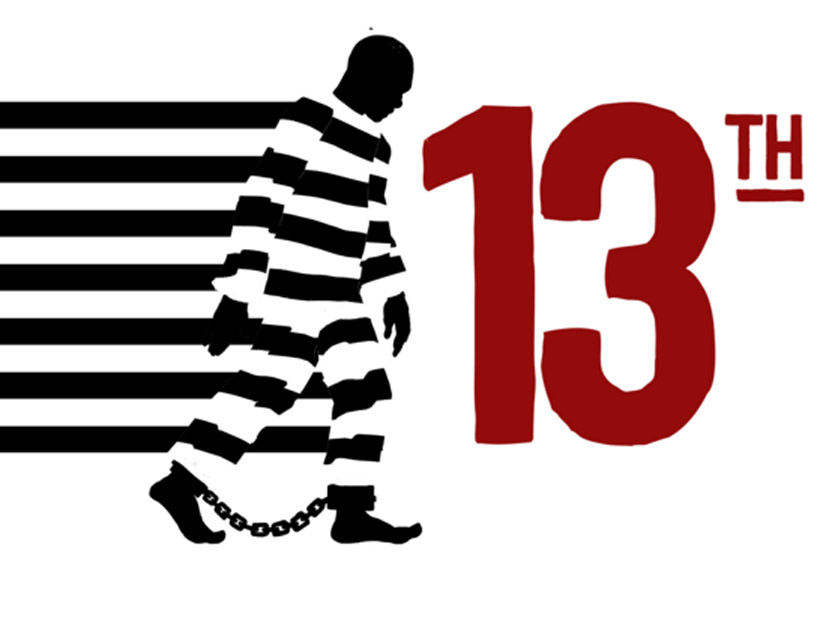
© Marquis Victor x Nicole Garcia | Elevated Thought
Transparency & Accountability disrupting INSTITUTIONAL
Assessment Questions
Is this an area of priority for you?
How important to your organization is sharing data to drive accountability?
How strong is your organization at sharing data to drive accountability?
Examples:
Mike Africa Jr
Mike Africa Jr. tells the story of MOVE and of his father’s incarceration and ultimate release from prison as another way to share data about the experiences of his family and MOVE members in Philadelphia.
Time
The story of Kalief Browder, a young person wrongly accused of stealing a backpack who ultimately takes his own life after spending years in prison at Rikers Island.
13th
A documentary about the history and impact of mass incarceration.
The Innocence Project
The Innocence Project works to free the innocent, prevent wrongful convictions, and create fair, compassionate, and equitable systems of justice for everyone.



